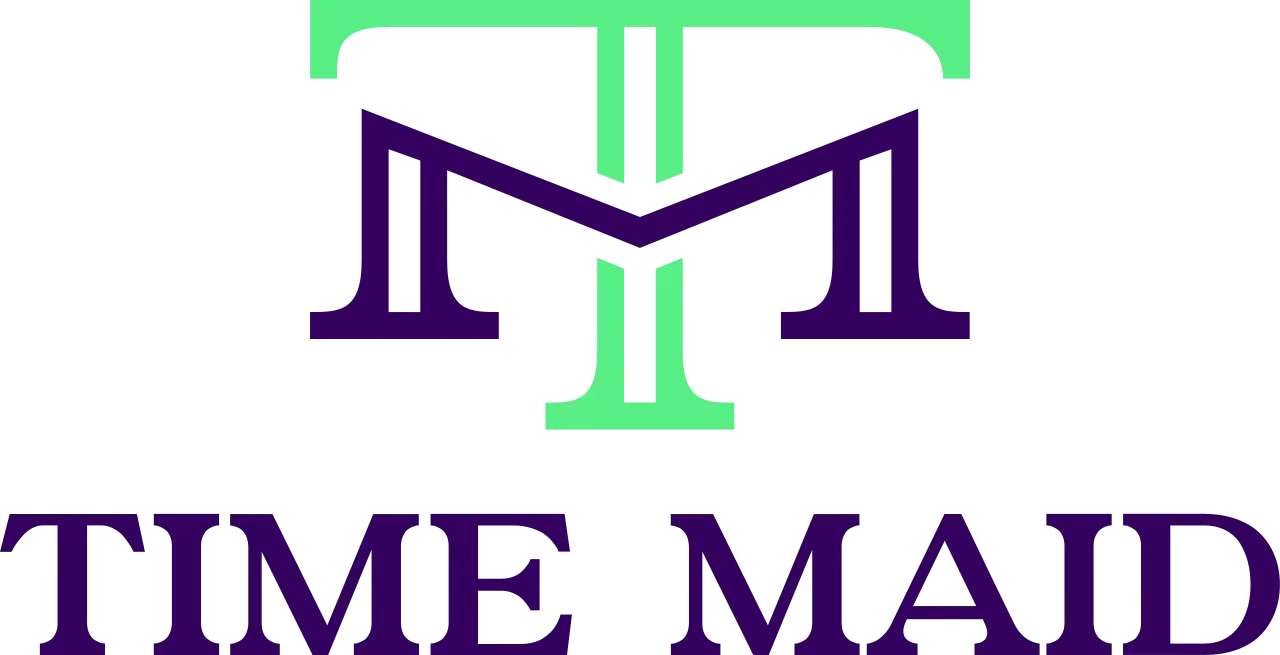Consistent cleaning for your rental properties directly protects your financial investment by preventing costly damage and extending the lifespan of flooring, fixtures, and appliances. You’ll attract quality tenants who pay higher rates and renew leases, while avoiding legal compliance issues that could result in fines or withheld rent. Regular cleaning catches minor problems before they become expensive repairs, saving you thousands annually. The strategies below reveal how proper maintenance standards can increase your rental income by 10-15%.
Key Takeaways
- Consistent cleaning protects your property investment by preventing costly damage and extending the lifespan of flooring, fixtures, and appliances.
- Regular cleaning significantly improves tenant retention rates by creating welcoming environments that influence lease renewal decisions and reduce complaints.
- Proactive maintenance cleaning prevents minor issues from becoming major repairs, saving thousands annually in emergency costs and property damage.
- Clean rental properties ensure compliance with health standards, avoid fines, and protect against tenant rent withholding due to habitability issues.
- Well-maintained properties command 10-15% higher rental rates, attract quality tenants, and photograph better for marketing listings and inquiries.
How Regular Cleaning Protects Your Property Investment

When you maintain a consistent cleaning schedule for your rental property, you’re actively safeguarding one of your most valuable financial assets.
Regular cleaning prevents costly damage by catching issues early—like water stains, mold growth, or pest infestations before they become expensive repairs. You’ll extend your property’s lifespan by properly maintaining flooring, fixtures, and appliances.
Clean properties attract quality tenants who’ll treat your space with respect, reducing turnover costs. Additionally, well-maintained rentals command higher rental rates and retain their market value better than neglected properties.
Consistent cleaning isn’t just upkeep—it’s a strategic investment protection that maximizes your returns.
The Direct Link Between Cleanliness and Tenant Retention
Since tenants spend significant time in rental spaces, they naturally gravitate toward properties that feel fresh, welcoming, and well-maintained.
Clean properties directly influence lease renewal decisions. When you maintain spotless common areas, functioning appliances, and odor-free environments, tenants feel valued and comfortable staying long-term.
Conversely, neglected cleaning leads to complaints, negative reviews, and early departures. You’ll reduce vacancy periods and turnover costs by prioritizing consistent cleaning schedules.
Happy tenants recommend your properties to friends, creating organic marketing opportunities. Clean rentals command higher satisfaction scores, translating into stable occupancy rates and predictable rental income streams for your investment portfolio.
Preventing Costly Repairs Through Proactive Maintenance Cleaning

Beyond tenant satisfaction, regular cleaning serves as your first line of defense against expensive property damage. You’ll catch minor issues before they escalate into major repairs. Consistent cleaning prevents mold growth, protects surfaces from permanent stains, and maintains HVAC efficiency.
| Cleaning Action | Prevents | Average Repair Cost |
|---|---|---|
| Regular drain cleaning | Pipe blockages | $200-$800 |
| Bathroom deep cleaning | Mold/water damage | $500-$3,000 |
| HVAC filter maintenance | System breakdown | $1,500-$5,000 |
You’ll save thousands annually by implementing proactive maintenance cleaning. Small investments in routine maintenance protect your property’s value and prevent costly emergency repairs that drain your budget.
Legal Compliance and Health Standards for Rental Properties
As property laws become increasingly stringent, you must understand that maintaining clean rental properties isn’t just good business—it’s a legal requirement.
Local health departments can fine you for unsanitary conditions, while tenants can withhold rent or break leases citing habitability issues. You’re legally obligated to provide mold-free, pest-free environments with functioning ventilation systems.
Document your cleaning schedules and maintenance records—they’ll protect you during inspections or disputes. Regular professional cleaning guarantees you meet safety codes for common areas, reduces liability risks, and demonstrates due diligence.
Compliance isn’t optional; it’s essential for protecting your investment and avoiding costly legal battles.
Maximizing Rental Income With Professional Cleaning Standards

Professional cleaning standards directly translate to higher rental income through increased property values, reduced vacancy periods, and premium pricing opportunities.
You’ll attract quality tenants willing to pay market-rate rents when your property is in pristine condition. Clean properties photograph better for listings, generating more inquiries and faster leases.
You can justify charging 10-15% above average rates for professionally maintained units. Spotless properties reduce tenant turnover since residents take better care of well-maintained spaces.
You’ll minimize costly deep-cleaning between tenants, protecting your profit margins. Professional standards create a competitive advantage that consistently boosts your bottom line.
Frequently Asked Questions
How Often Should I Schedule Professional Deep Cleaning Between Tenants?
You should schedule professional deep cleaning after every tenant moves out, without exception.
Don’t wait for multiple turnovers – each change requires thorough sanitization and restoration. This protects your investment, guarantees compliance with health standards, and creates the best first impression for incoming renters.
You’ll also catch maintenance issues early, preventing costly repairs later. Consistent deep cleaning between tenants maintains your property’s value and keeps you competitive in the rental market.
What Cleaning Supplies Should Landlords Provide Versus Tenants Providing Themselves?
You should provide basic cleaning supplies, such as toilet paper, paper towels, and initial bathroom essentials, when tenants move in.
However, tenants typically handle ongoing cleaning supplies for daily maintenance.
You’ll want to supply professional-grade products for move-out cleaning or deep cleaning services you arrange.
Consider providing vacuum cleaners and basic tools as amenities, but don’t stock consumables long-term, as tenants usually prefer their own brands and products for regular use.
Can I Charge Tenants Extra Fees for Excessive Cleaning Requirements?
You can’t arbitrarily charge tenants extra cleaning fees beyond normal wear and tear.
You must clearly define “excessive cleaning” in your lease agreement upfront.
Document the property’s condition with photos before tenancy begins.
You can deduct from security deposits for damage or cleaning beyond ordinary wear and tear, but you’ll need receipts and proof.
Consider charging reasonable cleaning fees only if they are specified in your rental contract and permitted by local landlord-tenant laws.
Should I Hire the Same Cleaning Company for All My Properties?
You’ll benefit from hiring the same cleaning company for all your properties.
They’ll learn your standards, develop efficient routines, and often provide bulk discounts.
However, don’t limit yourself if one company can’t handle your volume or geographic spread.
Consider having a primary company plus backup options.
You’ll want reliable service that maintains consistent quality across all units.
Monitor their performance regularly and guarantee they’re meeting your expectations before committing long-term.
What's the Average Cost of Professional Cleaning Services for Rental Units?
You’ll typically pay $100-$300 per rental unit for professional cleaning services, depending on your property’s size and condition.
Studio apartments usually cost $100-$150, while larger units can reach $250-$300.
Deep cleaning after tenant turnover costs more than regular maintenance cleaning.
You’ll find rates vary by location, with urban areas charging premium prices.
Consider getting quotes from multiple companies and negotiating bulk rates if you’re managing several properties.
Conclusion
You can’t afford to overlook consistent cleaning in your rental properties. It’s your shield against property damage, your key to keeping quality tenants, and your pathway to maximizing income. When you maintain professional cleaning standards, you’re not just meeting legal requirements—you’re protecting your investment’s future. Don’t let neglected maintenance drain your profits. Make regular cleaning a priority, and you’ll see the difference in your bottom line and tenant satisfaction.

